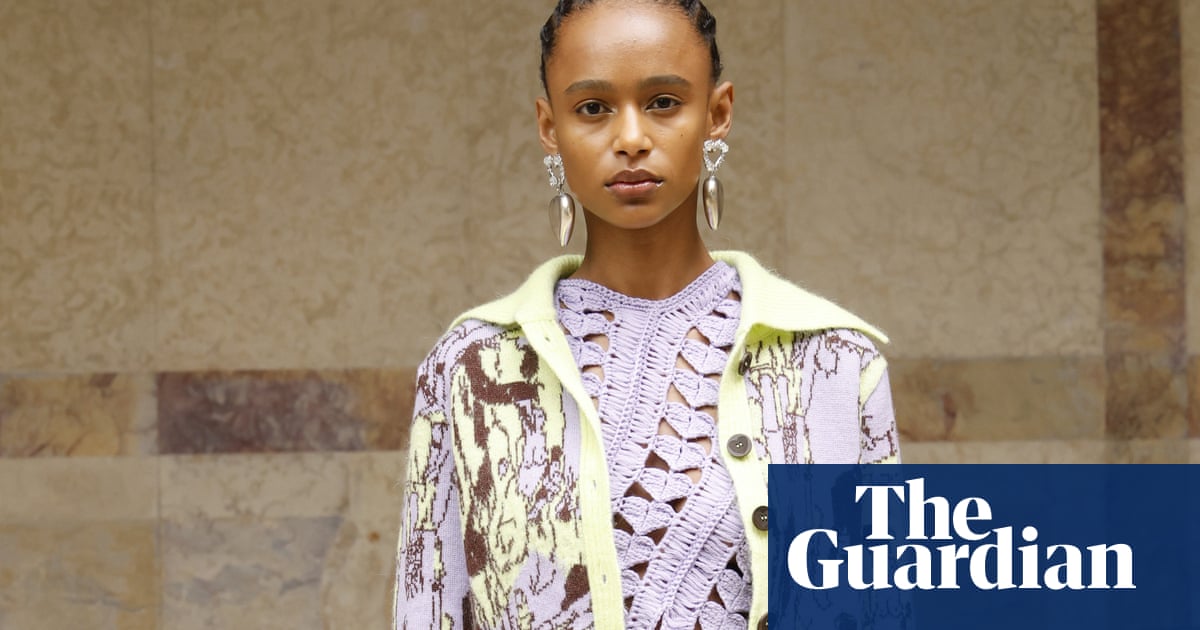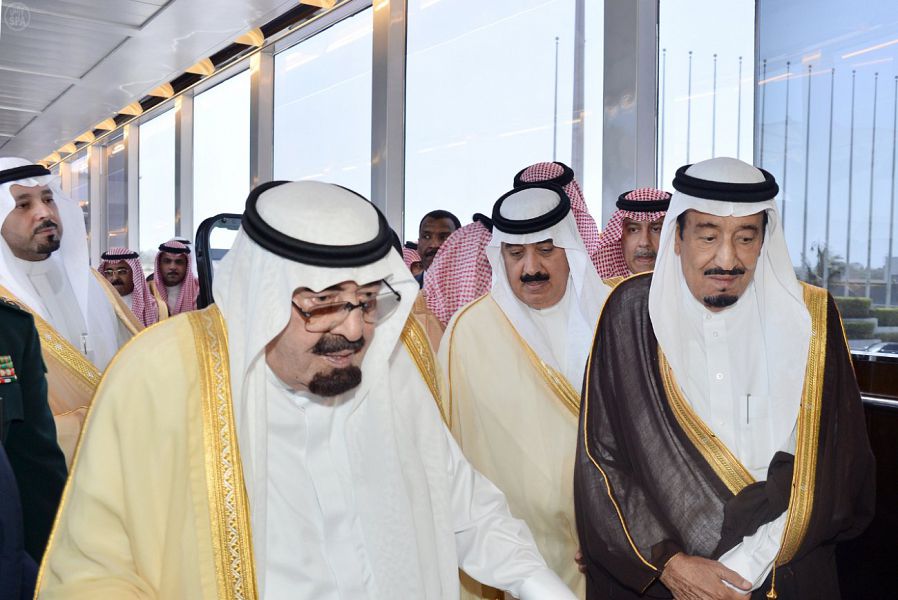
he Royal Albert Hall is 150 years old today (and the Guardian was there to see it opened by Queen Victoria). With a design based on a Roman amphitheatre, stacked balconies pack the audience close to the action – and at a capacity touching 6,000, the number of visitors entertained at the London venue runs to many millions. But what is it like to play as a performer? We asked artists and sportspeople for their memories of being centre stage at the iconic venue.
Roger Daltrey, the Who
We first played the Albert Hall in 1969, the same day the Stones were playing Hyde Park for the Brian Jones memorial. Earlier that year we’d released Tommy. This was our first full live performance of it, supported by Chuck Berry.
We did two shows that day. Chuck took umbrage at being second to a bunch of hippies. The audience was 95% ours, but we admired him, so agreed to headline one show each. We supported him for the first, no problems.
Chuck went first for the next one. When he finished, his crowd of ancient Teddy Boys (they were probably only 35) went crazy. They weren’t interested in us, about 150 of them at the front were jumping, screaming and throwing things. I saw an arm go up, and seconds later I had a very warm face. I was covered in blood: someone had lobbed a coin with the edges clipped off at me, slicing my eyelid open.
Unfortunately for the bloke who chucked it, he was stuck in a crowd of yobs. I just pointed at him and started swinging my microphone in his direction – the expression on his face changed from glee to horror.
We tried to play again in 1972, and found out we’d been banned: “No longer,” we were told, “would the hall be available for pop and rock concerts.” I’ve still got the apology plaque they presented me with on stage decades later. There’s a mystique about the Albert Hall: it’s a magnificent building, and something special happens inside it. There’s space for 6,000 people, but it’s as intimate as your front room.
Matt Bellamy, Muse
It’s my favourite venue in the world, no question, and not just as a performer. When I’m in London, I’ll book two shows a week: from a Jurassic Park screening to sitting on the stage to watch Evgeny Kissin. What I’ve seen there has influenced my music hugely. The venue is a uniquely cross-cultural experience: you get these highbrow gigs, but also the lowbrow … like Muse.
When Muse performed there in 2008, I was desperate to play on the huge pipe organ. We have this song, Megalomania, from our second album, which we hadn’t done live in years. You have to play the instrument from within the crowd, so while the rest of the band were on stage I had the hall’s audience all around me.
We were back in 2009 for Children in Need, and I found myself stage-side next to Paul McCartney. Knowing he was watching our soundcheck was unnerving. It’s humbling and brings out the best in a performer. It feels like a museum of art and culture; to be there feels like arriving: it has been around so long, playing it gives you a flicker of hope that your music might stick around, too.
Marin Alsop
My debut at the hall was with the Bournemouth Symphony in 2003. I speak for every single artist who has ever walked in there when I say it’s a wow moment. Since then I’ve brought many orchestras there from all over the world, and have watched in delight as each and every musician has had the exact same reaction.
A decade later, I conducted the Last Night of the Proms. The audience’s enthusiasm was incredible. Yes, there’s the location, but the Proms open up the world of music, and crowds are predisposed to having a special experience. I was thrilled to be the first woman to do it, but I was also saddened. I spoke from the stage of my pride, but also my frustration at the fact in the 21st century, there could still be firsts like this for women.
Dame Shirley Bassey
I recall the very first time I was due to appear at the Royal Albert Hall. I think we had taken a wrong turn or had been diverted, so our tour bus was delayed, which meant there was no time for rehearsals. I vividly remember walking to the stage and as I followed the ramp up to make my grand entrance, the first thing I could see was the whole upper circle: it felt electric.
Normally you notice the stalls, but the Albert Hall is different, the audience surrounds you and it’s simply breathtaking. I can’t quite believe it, but I’m told I’ve played there over 60 times. I fell in love with its beauty straight away … and I don’t tend to fall in love on a first date!
Robert Plant, Led Zeppelin
Growing up, I only saw the hall in its glory from the outside; it was never a place one imagined would transport the music of untamed youth on to its golden boards. Creeping up on it as a member of Led Zeppelin was nerve-racking: this was the place of Elgar, Vaughan Williams and Britten.
We were only months into our daring and ridiculous journey – barely having released our first record - when we were due to play. What on Earth would we do? I was overwhelmed by the place’s dignified presence and all it represented. It was a ridiculous triumph for a 20-year-old, cocking a snook to time and tradition as the music on both sides of the Atlantic boarded the revolution train, slowly but surely breaking down preconceptions.
In 1970 we returned, in between the releases of Led Zeppelin II and III. The dressing rooms were directly beneath the stage; sitting there this time, my anticipation was heightened by the horror of losing my voice. I’d barely been able to speak all afternoon, let alone sing. I was a shuddering wreck.
Something was shot into my arm, and I changed colour. I slipped down the wall in a stream of sweat, stood up, and went straight on to the stage. We opened with We’re Gonna Groove, and thankfully we did – it was incredible. For two hours we took the building to another place, there was an implosion of energy and joy: a full throttle and complete communion.
Jimmy Page, Led Zeppelin
I first stepped foot inside the hall in May 1965 to see Bob Dylan. It was an acoustic set, and I’d never experienced anything like it. A month or so later I was back to see the International Poetry Incarnation: Adrian Mitchell, Michael Horovitz and Allen Ginsberg performed. Both of those shows made a huge difference to my development.
And then in January 1970, just years after my first visit, Led Zeppelin were playing our own records. It was beyond my young dreams. Then musicians were asked to get together for the ARMS (Action into Research for Multiple Sclerosis) concerts in 1983. Jeff Beck, Eric Clapton and I all said yes: the only time the three of us – who had all been in the Yardbirds – played on stage together. The following night was a charity gig for The Prince’s Trust: we were introduced to Charles and Diana. I just have so many memories.
It’s an iconic place to perform, Madison Square Garden’s its closest equivalent. But the Albert Hall is in a league of its own, it’s the Holy Grail for musicians.
Nicola Adams, boxer
I boxed the final fight of my career at the hall in September 2019. When it was offered, I jumped at the opportunity. It was a big fight for me, to retain my world title. And it was my first time boxing in London since the 2012 Olympics. Growing up, Muhammad Ali was my hero. To be able to fight in the same place he had in the 1970s was just unreal. And I was making history of my own – we were the first women to fight in the venue. The noise was incredible, the acoustics designed for music were like nothing I’d experienced.
Nile Rodgers, Chic
Having survived cancer twice myself, playing a Teenage Cancer Trust gig at the hall in 2018 was special. Around the show I had meetings with the kids the charity helps, which made singing We Are Family together particularly powerful.
For me just being there was significant. I’m a child of the cinema – one of the greatest images of my youth is of Bernard Herrmann conducting the orchestra in Hitchcock’s The Man Who Knew Too Much, filmed at the hall. And there I was, on its stage, in this vast room full of people dancing to disco music? Wonderful.
I was commissioned to write a piece for this anniversary. Through that I’ve come to understand the place’s significance: how it was Prince Albert’s plan to make a cultural quarter for the people, but he died before its completion; that it became a labour of love for Queen Victoria, who dedicated it to him. Most of all, it’s that it’s the Royal Albert Hall of both Arts and Sciences. It’s not just a home for music, but a place to be exposed to all types of culture and ideas. Learning all this made me fall deeply in love with it.
Ozzy Osbourne, Black Sabbath
I know I played the Royal Albert Hall a couple of times in 1971 and 1972, but I can’t remember a bloody thing from that decade. I know my mum and dad were at one of them. They’d come down from Birmingham: it was a prestige gig, I’m not sure they could believe it.
Black Sabbath was four guys from Aston – it was a wonder we even made a record. To have us singing about whatever we were on about at a sold out Royal Albert Hall? Who’d have thought it? Still, I haven’t got a clue how the gig actually went.
Mick Fleetwood, Fleetwood Mac
In 1969, we toured England with BB King, one of our heroes. Although we should probably have been the headliners, Peter Green made sure King was top of the bill at every gig. It was an important statement. Our night at the Albert Hall was the pinnacle of all those shows.
There’s something in walking out on that stage, knowing who else has been there before you: it’s interconnected to British culture. The architecture alone has a profound effect on you, a special place for any artist.
Twenty years later I was back for a fateful night of disorganisation as a Brit awards host with Sam Fox. She’s 5ft and I’m 6ft 7in, we already looked like the ultimate odd couple. Then everything just went wrong. We had perfect rehearsals, but Bros had 200 fans in the front row who screamed all night. When the show started nobody could hear a thing – it was pandemonium.
Whoever was supposed to be scrolling through the autocue in front of us couldn’t tell what was happening over the noise and calamity ensued. I put my arms out and said to the audience: “I have to let you know, nobody – including us – has any idea what we’re doing.”
Anoushka Shankar
I’ve played the hall a few times, but one that sticks out was last summer. I played a Prom to an empty auditorium, which was extraordinary. After months of concerts disappearing in the pandemic this was my first back, to be not just on stage with musicians I loved but to have that whole place all to ourselves was an affirming treat when I needed it. I believe a place has vibrations – feeling them after so long locked down was an honour.
Back in 2002 I’d performed at the Concert for George: a celebration one year after George Harrison had passed away, organised by all who loved him. My father [Ravi Shankar] did the first half, writing new music in honour of Uncle George in a set which mirrored their tours together in the 1970s. I was asked to play, and conduct the orchestra. Eric Clapton, Ringo Star and Paul McCartney did the second half. It was special, both professionally and personally.
Björn Ulvaeus, Abba
I have faint but fond memories of performing at the hall in 1977, the last shows in the European leg of our tour. The shows were sold out. I’m told tickets were available only by mail application, and apparently the box office received 3.5 million requests for tickets, enough to fill the venue 580 times over. Back then I said I’d never forget the crowd’s reaction when we sang Fernando – they joined in so loudly.
I felt a real fondness for the venue when we returned many years later. In 2010, Benny Andersson and I played a concert version of a Swedish musical we wrote: Kristina från Duvemåla. The Abba years were so hectic I don’t remember much, but I’ll never forget the buzz of taking my bows after that performance.
Regina Spektor
The soundcheck for my 2012 show at the hall was one of the worst I’ve had. We just couldn’t get it right – I was afraid the show was going to go terribly. I had studied in London and would often go past the hall and stare longingly at it, too broke to buy a ticket. Going from playing basements to this venue was something I never expected. I’d been dreaming of this moment for years and prepared myself for the worst.
Someone in the auditorium turned to me and said: “Don’t worry about it, everything in here changes when the audience arrives.” You hear that about a lot of venues, and often it never materialises.
When I walked out that night, though, the sound had transformed completely. This stranger was right: the music stopped bouncing around the walls, and instead became consumed by humans. Venues are always the extra member of the band, and this one was magical.
Hayley Williams, Paramore
I’ve always thought of Paramore’s long game. I never cared how many miles we racked up in our van or how hard we worked: it’s my lifeblood. But being able to play the Royal Albert Hall with your best friends is one of the “pinch me” moments you dream about.
We played it in 2017, having spent the night before parked outside the venue in our bus, talking and having drinks and staring at the building until the wee hours of the morning. I wore sparkly heeled boots and we covered Fleetwood Mac’s Everywhere. When we stood out on the stage, I felt like for the first time in our career, we were introducing ourselves to the UK as grown-ass adults.











